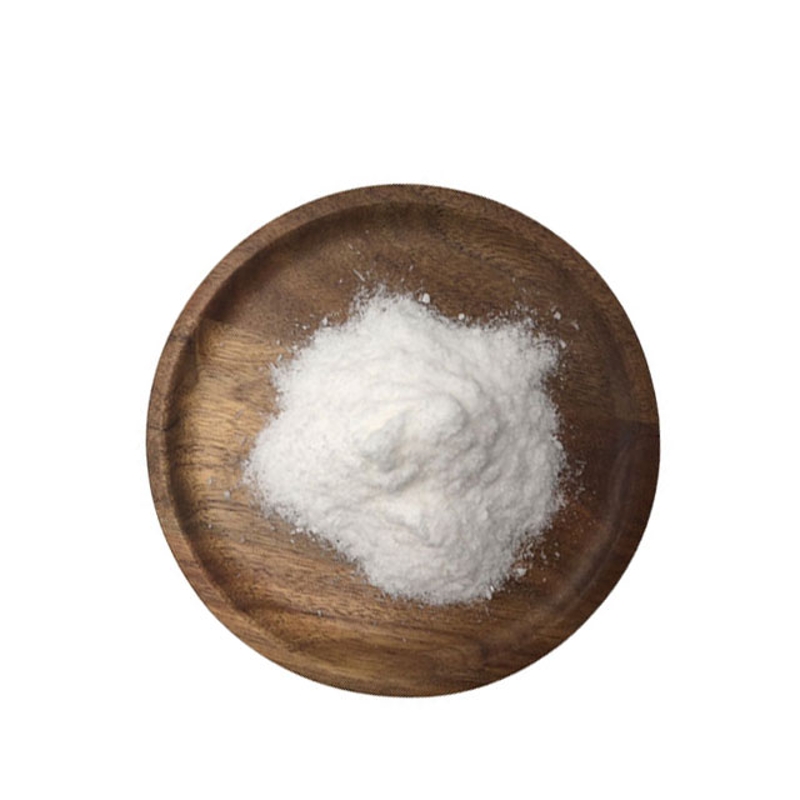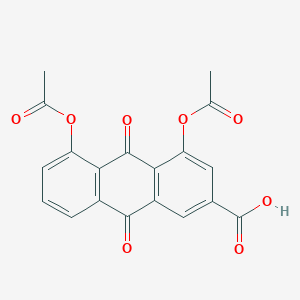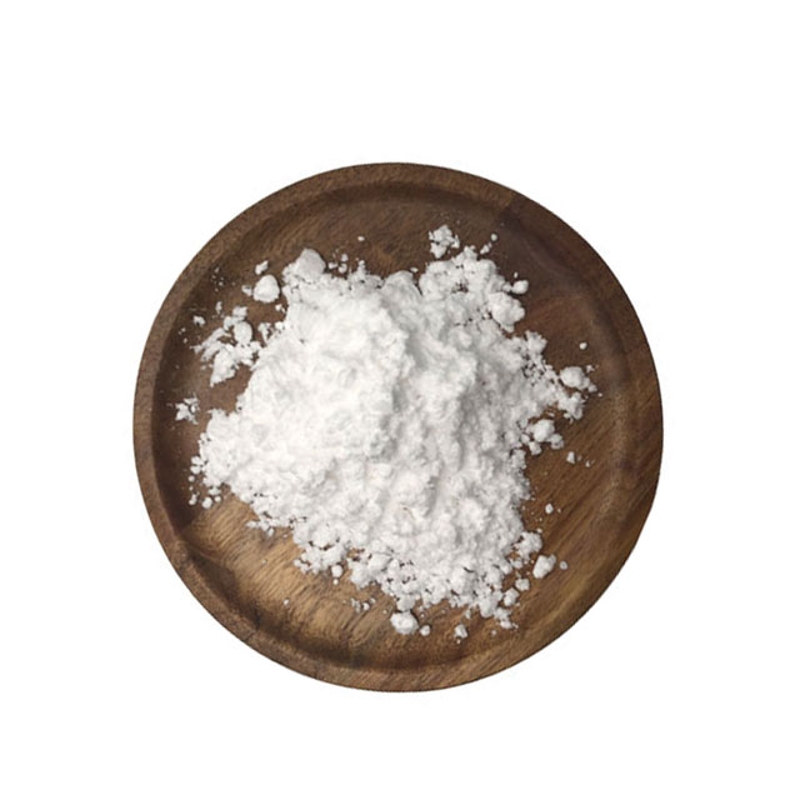-
Categories
-
Pharmaceutical Intermediates
-
Active Pharmaceutical Ingredients
-
Food Additives
- Industrial Coatings
- Agrochemicals
- Dyes and Pigments
- Surfactant
- Flavors and Fragrances
- Chemical Reagents
- Catalyst and Auxiliary
- Natural Products
- Inorganic Chemistry
-
Organic Chemistry
-
Biochemical Engineering
- Analytical Chemistry
- Cosmetic Ingredient
-
Pharmaceutical Intermediates
Promotion
ECHEMI Mall
Wholesale
Weekly Price
Exhibition
News
-
Trade Service
The genus Proteus spp, which belongs to the Gloenic negative and anaerobic bacillus, is associated with a recurrence after intestinal excision in patients with Crohn's disease (CD).
recently examined the genome and functional effects of Bacillus deformation as an intestinal pathogen in CD.
researchers used the ure gene-specific PCR method to test 54 fecal specimens and 101 intestinal biopsy specimens from CD patients and healthy volunteers.
immunofluorescence and electroscopes were used to observe the adhesion, invasion, and cell memory of two different P. mirabilis isolated strains in the endocyste cells.
gene expression spectrum and regulatory path paths in cells were analyzed through RNAseq and KEGG path path paths.
the biological function of two P. mirabilis plants were measured using in vitro cell culture, conventional mouse and sterile mouse culture.
Proteus spp. was more common and abundant in CD patients' feces and colon tissue than in the control group.
in CD patients with high Proteus spp abundance, Fusobacterium had higher abundance and Faecalibacterium had lower abundance.
24 strains isolated from CD patients were members of the P. mirabilis genealogy.
P. mirabilis perfusion can lead to increased colon inflammation in mice.
culture with endocule cells showed that after infection with the genus Bacillus deformation, the bacteria of the endocules adhered to, invaded, and increased the production of pro-inflammatory cytokines IL-18 and IL-1 alpha, which eventually led to cell necrosis.
isolates play a role by inducing key inflammatory pathways, including NOD-like sensor signals, Jak-STAT signals, and MAPK signal conduction, and induce the expression of inflammatory genes in gnotobitic mice, activating inflammatory pathways.
Proteus spp played an important role in the pathology of patients with Crohn's disease by inducing inflammation.
.







